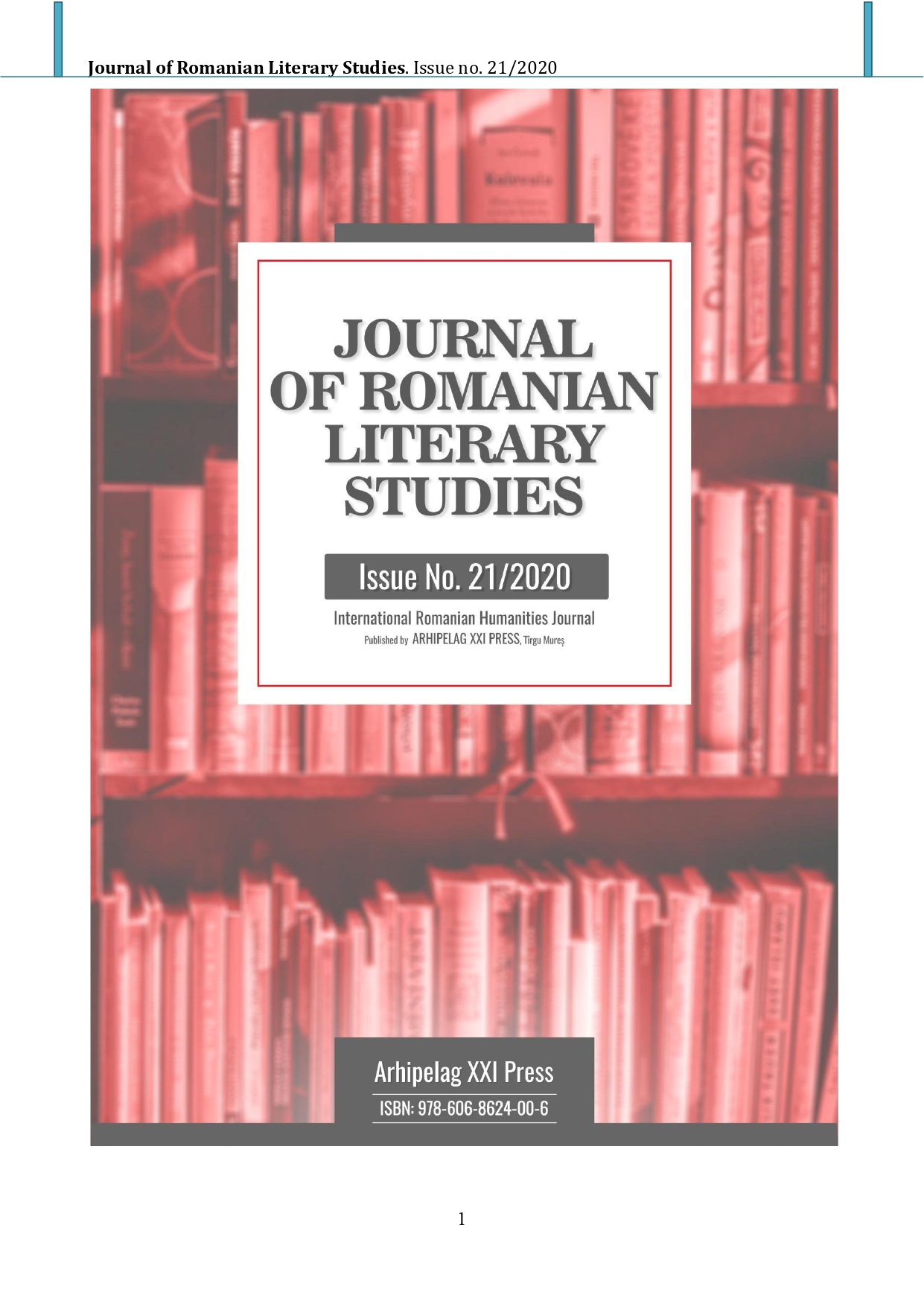SÎNTA CETATE BY HELIADE RĂDULESCU- THE UTOPISM AS THE PARADOX DESCRIPTION
SÎNTA CETATE BY HELIADE RĂDULESCU- THE UTOPISM AS THE PARADOX DESCRIPTION
Author(s): Ana-Maria VladSubject(s): Literary Texts, Romanian Literature, Philology, Theory of Literature
Published by: Editura Arhipelag XXI
Keywords: the utopism; the descriptivism; paradox description; spiritual revolution;
Summary/Abstract: Paradox is the "mirror" of the utopia towards humanity. Ambiguity of good is the central element of utopian discourse. Utopia, reverie, or chimeric become an imaginary, fanciful space. An analysis of the literary character of utopia is being dealt with as "An individualized literary description of an imaginary society, organized on bases involving an underlying critique of real society." (Al. Ciorănescu, 1996: p.22). Utopian finality symbolizes the historical endpoint, that is, the future is no longer a continuation of the past. He further emphasizes that aspect of man who perceives his existence as an entity that is in a continuous becoming, losing consciousness of the specificity of his being in the present misleading.
Journal: Journal of Romanian Literary Studies
- Issue Year: 2020
- Issue No: 21
- Page Range: 993-1000
- Page Count: 8
- Language: Romanian

